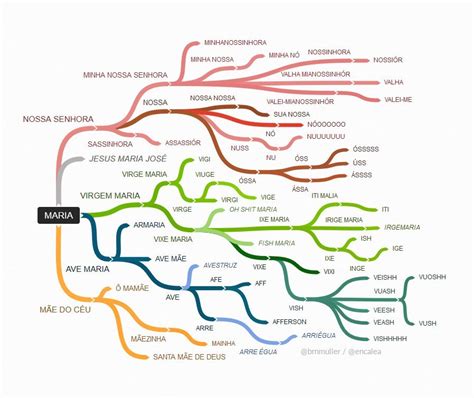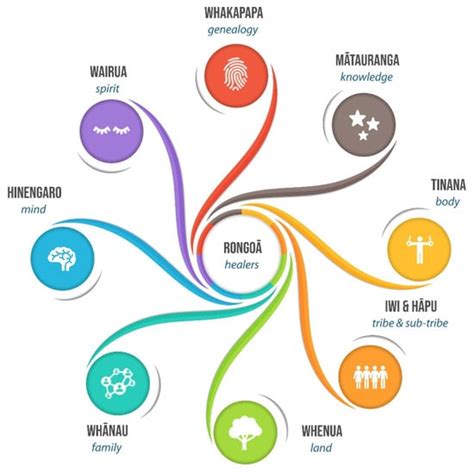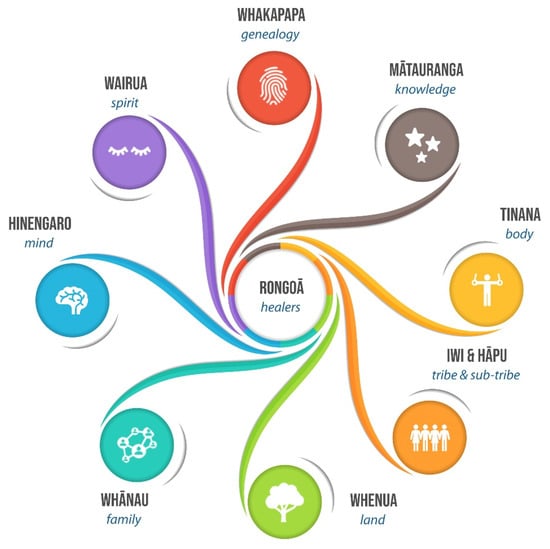The Māori people, the indigenous Polynesian population of New Zealand, have a rich history that stretches back over a thousand years. Their culture, steeped in ancient traditions and deep-rooted values, plays an essential role in the fabric of modern New Zealand society. From the intricate art of carving and weaving to the significance of whānau (family) and the preservation of the Māori language, these customs remain integral to their identity. In this in-depth interview, we explore the core aspects of Māori culture, spirituality, and the challenges they face in maintaining their heritage in an ever-evolving world, highlighting the resilience and strength of the Māori community.
ritarblog.com invites you to delve into this topic thoroughly.
1. Introduction to the MÄori People: Historical Background and Cultural Significance
The Māori people, originally hailing from Eastern Polynesia, arrived in New Zealand (Aotearoa) more than a millennium ago, establishing themselves as the indigenous population. Their arrival marked the beginning of a rich cultural tapestry, which was deeply influenced by the natural surroundings and spiritual beliefs. The Māori developed a distinct society centered on values such as mana (authority), tapu (sacredness), and whanaungatanga (kinship). Over centuries, they cultivated unique customs, language, and artistic expressions that set them apart in the Pacific.
With the arrival of European settlers in the 19th century, the Māori experienced significant disruptions, from land loss to cultural suppression. However, the Māori people have continuously demonstrated resilience, fighting to preserve their traditions and reclaim their cultural identity. Today, the Māori culture is an integral part of New Zealand’s national identity, celebrated in everything from the haka (war dance) at sporting events to Māori language revitalization efforts. Understanding their history is crucial to appreciating the enduring significance of Māori culture in both traditional and modern contexts.

2. Traditional MÄori Customs and Practices: An Overview
Māori customs and practices, collectively known as tikanga, are deeply woven into the fabric of Māori life and continue to influence New Zealand culture. Tikanga encompasses a wide range of traditions, rituals, and beliefs passed down through generations, guiding social conduct and community interactions. Central to these customs is the concept of mana, which represents authority, power, and respect. Upholding mana is a key aspect of Māori life, influencing everything from personal relationships to leadership.
One significant Māori custom is the pōwhiri, a formal welcoming ceremony that demonstrates hospitality and respect to visitors. This ritual includes speeches, songs, and the hongi, a traditional greeting where two people press their noses together, symbolizing the sharing of breath and life force. Māori also place great importance on the practice of karakia (prayers or incantations), which are used to invoke spiritual guidance and protection during various ceremonies and daily activities.
Another essential tradition is haka, the powerful posture dance that expresses strength, unity, and defiance. It is performed at important events and has become a symbol of Māori identity.
Māori customs are deeply tied to the land and environment, with practices such as kaitiakitanga emphasizing the guardianship and protection of natural resources. These enduring customs continue to play a crucial role in maintaining Māori cultural identity and passing on ancestral knowledge to future generations.

3. The Role of WhÄnau (Family) in MÄori Culture
In Māori culture, whānau (family) is paramount, serving as the cornerstone of their social structure and community life. The concept of whānau extends far beyond the nuclear family, encompassing extended family members such as grandparents, aunts, uncles, cousins, and even those who are not directly related by blood. This broad definition emphasizes interconnectedness, with each member contributing significantly to the overall well-being and success of the whānau.
Whānau, by tradition, functions as a network of support where responsibilities, knowledge, and resources are shared among its members. Elders, or kaumātua, are held in high regard for their wisdom and experience, acting as guiding voices within the family. They play a vital role in transmitting cultural practices, stories, and values to younger generations, thus ensuring the perpetuation of Māori traditions.
Whānau serves as the core unit for education, socialization, and the passing down of cultural identity. Within whānau, individuals learn the significance of tikanga (customs), manaakitanga (hospitality), and aroha (love and compassion). The collective spirit of whānau cultivates a deep sense of belonging and responsibility towards others.
The significance of whānau in modern times endures, offering emotional, financial, and spiritual support as the world rapidly evolves. The strong bonds of whānau bolster the resilience of the Māori people, enabling them to overcome challenges while preserving their cultural identity and sense of community.

ritarblog.com

